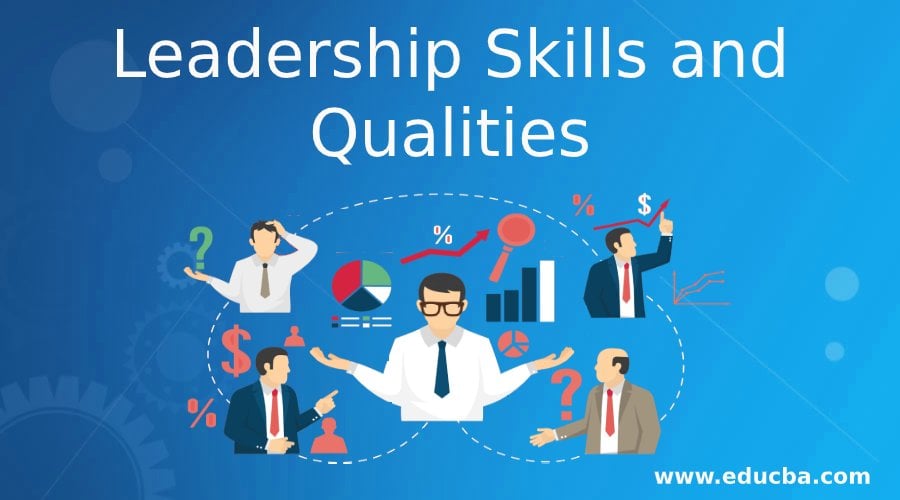Leadership is often seen as a two-fold journey where visionary ideals meet effective management abilities. The difference between being a visionary and a manager highlights the breadth of capabilities that one must acquire to lead successfully. In the current complex work settings, leaders must not only be forward-thinking and innovative but also excel in areas that ensure their team's success and unity. This article will investigate the top leadership skills every worker should master, shedding light on the qualities that transform a competent manager into an inspiring leader.
To succeed in a competitive landscape, it is essential for leaders to develop strong decision-making abilities, improve their emotional awareness, and interact effectively with their teams. Understanding the nuances of flexibility, active hearing, and relationship-building can significantly influence team interactions and overall results. As we navigate through the critical skills that characterize leadership excellence, we will also examine practical ways to cultivate these abilities and the significance of leading by role modeling in creating a motivated and strong team.
Fundamental Leadership Skills
Management is a varied role that requires a wide-ranging set of skills to navigate the complexities of team dynamics and organizational issues. At the core of proficient management lies robust decision-making abilities. Leaders often face challenges that demand quick, yet informed choices. Information literacy skills Australia to weigh options, analyze outcomes, and take resolute action is crucial in guiding teams toward success. Developing this skill involves constant learning and practicing critical thinking, which then enhances overall leadership effectiveness.
Another key competence for leaders is emotional and social intelligence. This encompasses the ability to recognize one's own emotions and those of others, facilitating better interpersonal connections within a team. Leveraging emotional intelligence helps leaders connect with their team members on a more profound level, fostering an environment of trust and collaboration. Active listening also plays a crucial role here, as it makes certain that team members feel heard and valued, ultimately boosting morale and productivity.
Communication stands as the bedrock of successful leadership. Strong communication not only involves clarity in conveying messages but also the technique of persuasion and negotiation. Leaders must articulate their vision, set clear expectations, and provide helpful feedback that drives growth within the team. By honing communicative skills, leaders can inspire and encourage their teams, create a sense of direction, and successfully navigate conflicts when they arise.
Enhancing Your Leadership Development Capabilities
To cultivate robust leadership skills, focus on self-knowledge and emotional intelligence. Understanding your own strengths and weaknesses allows you to more effectively connect with your group. Emotional intelligence plays a critical part in navigating relationships and establishing a supportive work environment. Leaders who can empathize with their employees often see improved team spirit and productivity.
Clear communication is key for any leader. It involves not just sharing information but also being an active listener. By fostering an atmosphere where employees feel heard, you promote teamwork and innovation. Moreover, concise communication of goals and feedback drives performance and helps in conflict resolution, ultimately leading to improved team cohesion.
Adjusting to transformation is vital in today’s fast-paced environment. Leaders should be open to new ideas and flexible in their methods. By accepting adaptability, you not just navigate ambiguity more successfully but also inspire your team to do the same. This ability, combined with solid decision-making abilities, enables leaders to steer their organizations through obstacles towards achievement.

Leading in The Current Dynamic Landscape
In an ever-changing business landscape, effective leaders must hold the ability to adapt as a core skill. The demands of modern organizations necessitate a variable approach to leadership, permitting leaders to shift strategies in response to market shifts and evolving team dynamics. By accepting adaptability, leaders can encourage a culture that supports innovation and responsiveness, arming their teams to handle uncertainties with assurance.
Emotional awareness plays a key role in leading in today's dynamic environment. Leaders who are in tune to their own emotions and those of their colleagues can forge stronger relationships and create a supportive work atmosphere. This enhances dialogue, which promotes open dialogue and conflict resolution. When leaders harness emotional intelligence, they can inspire and motivate their teams daily, encouraging high levels of engagement and productivity.
In conclusion, strong decision-making capabilities are essential for leaders confronted with swift change. A well-rounded leader must evaluate situations critically, weigh options thoughtfully, and make decisions that reflect the organization’s values and goals. By developing these decision-making skills, leaders can guide their teams through obstacles effectively, securing both short-term success and long-term growth in a ever-changing environment.
